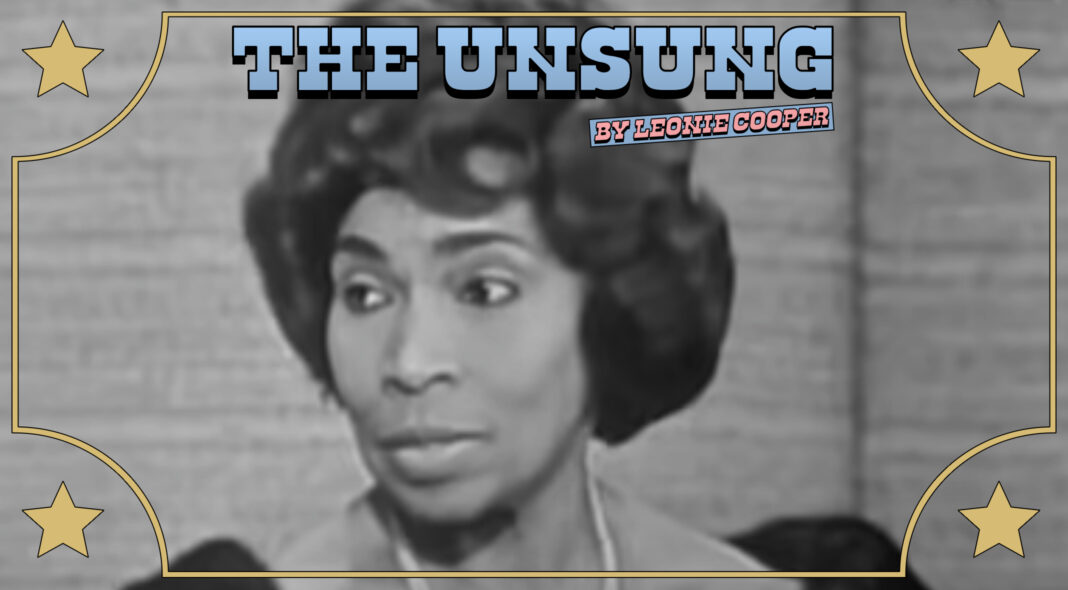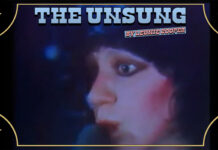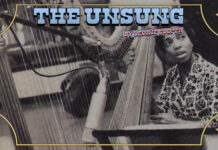A champion of Civil Rights and a singer in possession of a moody, instantly recognisable contralto, the name Marian Anderson might not ring too many bells today, but 70-odd years ago, she was one of the biggest stars in the world. Born in Philadelphia in 1897, a childhood spent in and around the church saw the young Marian regularly singing during service. Her prodigious talent was such that soon she was making pretty decent money out of her voice – crooning hymns and standards at gatherings in and around town with her Aunt Mary acting as de facto manager.
Looking to improve her sonic skills, Marian focussed all her energy on becoming one of the very best, applying to the Philadelphia Music Academy to further her studies. However, her application was denied due to the colour of her skin, but Marian didn’t let such outright racism put her off. Instead, she sought private tuition, honing the sound that would one day be heard by the whole world as the first-ever Black American to perform at New York’s renowned Metropolitan Opera.
Marian spent her twenties committed to her art, but she constantly faced setbacks and slammed doors. Tours and recordings took place but were regularly overlooked, even after she won a vocal contest sponsored by the New York Philharmonic. It was a trip to Germany in the early 1930s that helped to turn Marian’s career around. Much like Paris in the 1920s, Weimar-era Berlin was a hotbed of arts, culture and acceptance – where Josephine Baker flourished, Marian Anderson would too.
Here she studied under first-rate tutors, and while touring in Europe, Marian had the chance to perform for the composer Jean Sibelius. He was overwhelmed by her musical sensitivity and began writing for her, and the two became firm friends. The more liberal European crowds fell in love with Marian, and with boosted confidence, she began to tour the US again. Yet like other Black American entertainers of the time, she was often not allowed to stay at the very places she was performing at due to brutal Jim Crow laws.
Yet segregation wouldn’t stop Marian. In 1939 she was denied the opportunity to perform at Washington DC’s Constitution Hall by the Daughters of the American Revolution – a group of women who were direct descendants of soldiers who fought for American independence – who upheld the venue’s ‘whites-only’ rule. The NAACP immediately announced a petition and picket and, upon discovering this, the then-First Lady Eleanor Roosevelt resigned as a member of the group before helping to arrange an open-air concert for Marian on the steps of the Lincoln Memorial.
Around 75,000 people attended the show, and millions more listened to a live radio broadcast in which a regal Marian in a heavy mink coat sang ‘Ave Maria’ and several African-American spirituals. Four years later, a somewhat shamed Daughters of the American Revolution invited Marian to play Constitution Hall as part of a charity concert for the Red Cross during WWII. Graciously, she agreed to play.
More historic performances followed, including Marian’s 1955 appearance with the Metropolitan and turns at the Presidential inaugurations of JFK and Dwight D. Eisenhower before she retired from singing in 1965. But still, the honours came, including a lifetime achievement Grammy, the United Nations Peace Prize and the Kennedy Center Honors. Truly, one of the 20th Century’s greatest.
HEAR MARIAN’S INFLUENCE IN THE MUSIC OF:
J’Nai Bridges
Leontyne Price
Jessye Norman
READ MORE: The Unsung is a weekly series. Get to know the stories of more musical heroes.







